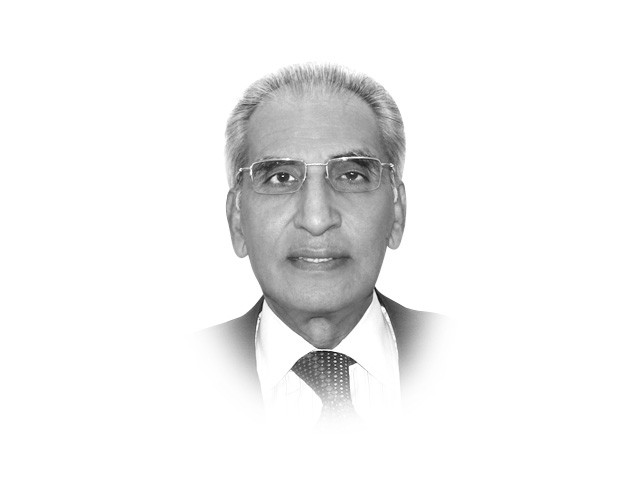Welcome change or more of the same?
Sadly, all US did to solve our energy needs was to push TAPI pipeline, which experts agree will remain a pipe dream.

While it is essential to invest in further gas and oil exploration and also exploit other sources of energy, the most economic and secure way for the foreseeable future, is to import gas from neighbouring Iran –– the world’s second largest gas producer. It sounds simple and do-able, but inability to appreciate the enormity of the challenge and advantages of this project, has stymied any meaningful progress on it, ever since Iran and Pakistan came to a preliminary agreement in 1995.
Regrettably, the Musharraf regime had no interest in the energy sector, as evident from its refusal to go either for the IP pipeline project or to heed the advice of experts who advocated construction of small and medium-sized dams, especially after Kalabagh Dam, became a contentious issue. When India pulled out of the project in wake of the Bush administration’s offer of civilian nuclear reactors in 2005, the national consensus favoured seeking a similar concession, or failing that, to obtain assurances that the US would not oppose the Iran-Pakistan pipeline project. Sadly, the government did neither.
However, if recent statements are to be believed, the current government appears to have woken up to the critical importance of this project. Foreign Minister Hina Rabbani Khar’s declaration that “these projects are in Pakistan’s national interest and will be pursued and completed, irrespective of any extraneous considerations” –– made in response to US Sectary of State Hillary Clinton’s thinly-veiled warning, that Pakistan should stay away from it –– represents a welcome change, provided that it is not meant merely to garner public approbation.
Secretary Clinton had added that, “as we are ratcheting up pressure on Iran, it seems somewhat inexplicable that Pakistan would be trying to negotiate a pipeline”. To Pakistanis, however, what is ‘inexplicable’ is the Obama Administration’s failure to appreciate the desperate economic needs of an ally, with whom it sought to establish strategic relations. Pakistanis recall the repeated assurances by both, Clinton and Ambassador Richard C Holbrooke that the administration would provide meaningful assistance to overcome our energy needs. Sadly, all that the US did was to keep pushing the Turkmenistan-Afghanistan-Pakistan-India pipeline, which experts agree will remain a pipe dream till our neighbour stabilises, and the Turkmen are able to convince the world that the gas they want to sell is theirs and not owned by Russia’s energy giant, Gasprom.
Of course, it is no secret that ever since the Islamic Revolution in Iran in 1979 overthrew America’s regional policeman, Washington has been engaged — both overtly and covertly — in destabilising that country. In more recent times, criticism of Iran has shifted away from allegations of involvement in terrorism to pursuing nuclear weapons, though acknowledging that these are all meant to promote the strategic goal of a regime change. While we have neither the will nor the capacity to dissuade the US from pursuing this adventurous policy, we have every right to question why a country that claims to be our friend would try to dissuade us from exercising the only serious option available for overcoming an energy shortfall, which has crippled the economy and thrown a huge number of people out of their jobs.
This is highly regrettable, as the US had no hesitation in modifying its domestic laws, violating the Nuclear Non-Proliferation Treaty provisions and arm-twisting Nuclear Suppliers Group members to offer the civilian nuclear deal to India in its desire to build a strategic partnership with her. While we do not grudge what the US wishes to give India –– a country described by then under secretary Nicholas Burns as “unique” for which a “unique agreement” had been crafted, Pakistanis are within their rights to expect that the US will show understanding of our legitimate needs, which incidentally will not mean investment in Iran’s economy, but in our own infrastructure.
Published in The Express Tribune, March 21st, 2012.















COMMENTS
Comments are moderated and generally will be posted if they are on-topic and not abusive.
For more information, please see our Comments FAQ